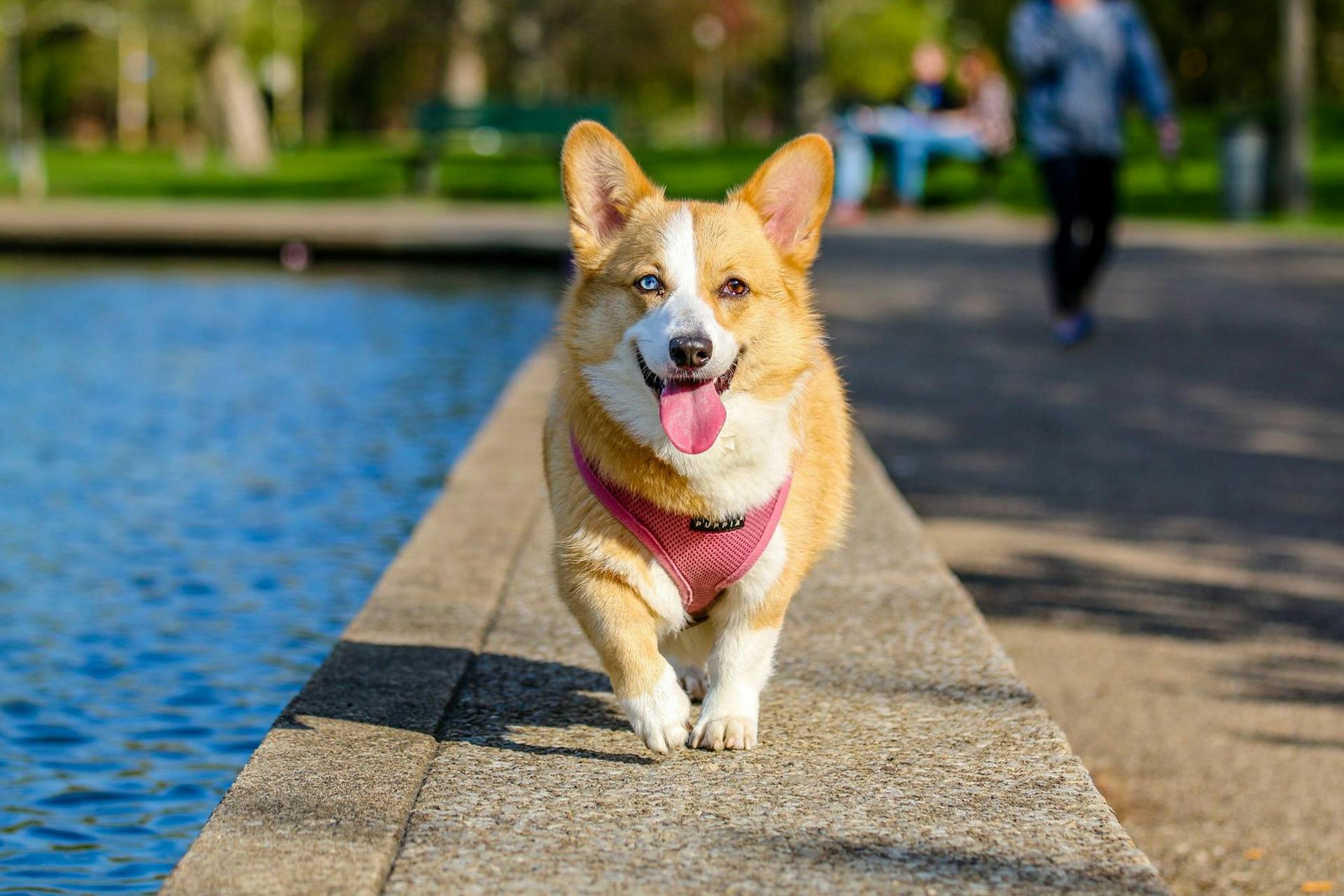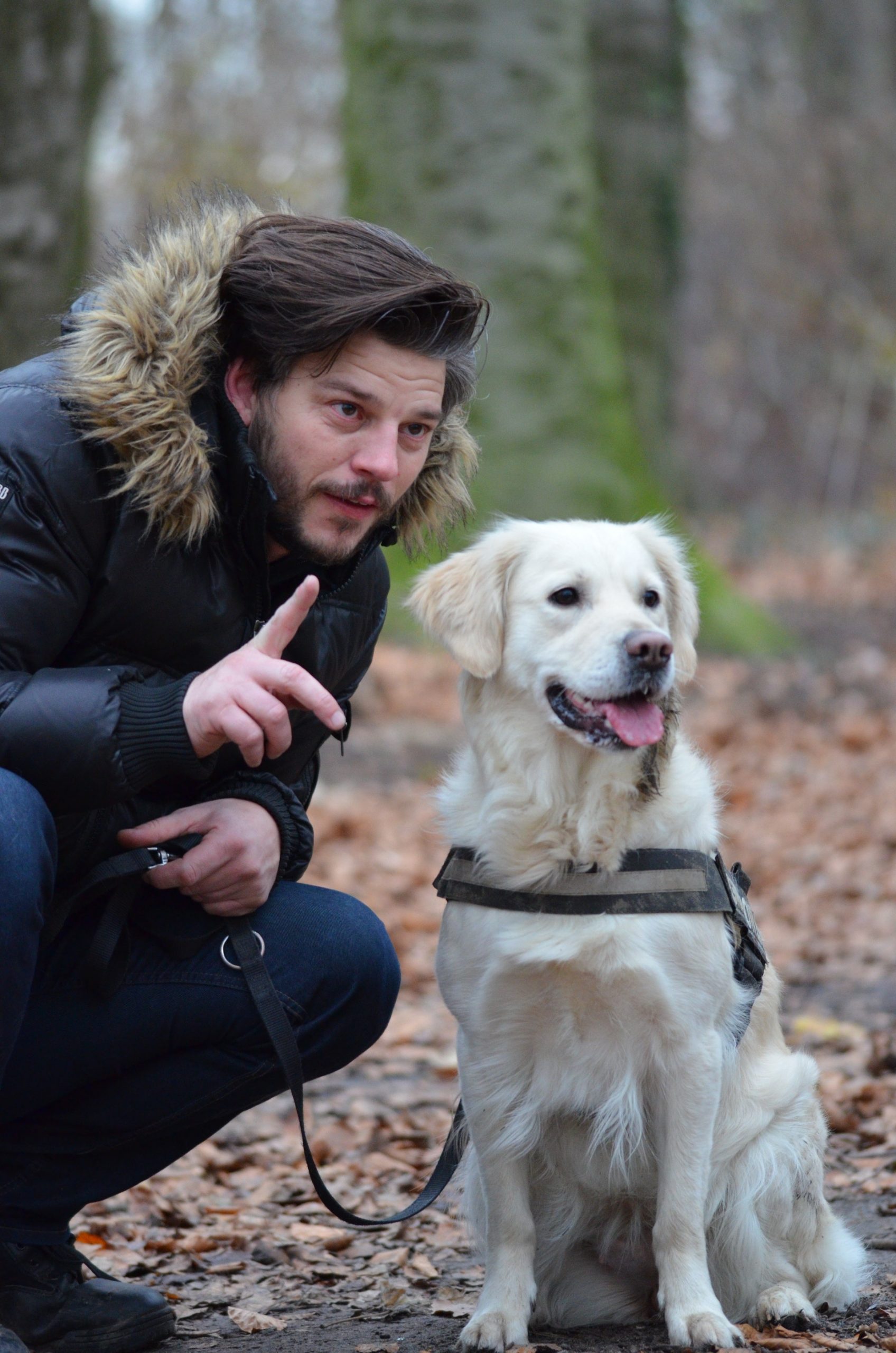
Advanced Training: Achieving Faster and More Reliable Responses
August 19, 2024
Professional Dog Training Guide
1. Utilize Positive Reinforcement Veterinarians widely endorse positive reinforcement as the most effective training method. Rewarding your dog for good behavior strengthens the connection between their actions and positive outcomes. Be cautious not to inadvertently reward unwanted behaviors; wait until your dog is calm before giving attention.
2. Identify the Right Reward Dogs have different motivations. While many respond well to treats, others may prefer playtime or affection. Experiment to find what motivates your dog most effectively.
3. Maintain Consistency Consistency is vital. Use the same commands and intonation for each action, and ensure everyone in your household follows the same training rules to prevent confusion.
4. Keep Sessions Short and Frequent Short, frequent training sessions are more effective than longer ones. The American Kennel Club recommends five-minute sessions. Vary the environment to help your dog generalize commands across different situations.
5. Build in Stages For complex behaviors, start small and gradually increase the difficulty. For instance, when teaching "come," begin by rewarding small steps toward you, building up to the full command over time.
6. Make Training Enjoyable Training should be enjoyable for both you and your dog. Incorporate play into training sessions and consider teaching fun tricks alongside obedience commands to keep things engaging.
7. Celebrate Small Victories Acknowledge and praise every improvement, no matter how minor. Celebrating small successes keeps both you and your dog motivated.
8. Integrate Training into Daily Routines Incorporate training into daily activities, such as asking for a command before meals or walks, to reinforce behaviors regularly.
9. Use Hand Signals Dogs often respond better to visual cues than verbal commands. Combine hand signals with verbal commands, or start with hand signals and add verbal cues later.
10. Seek Professional Assistance If you're struggling, consult a professional trainer or attend a training class. Professionals bring valuable experience and can offer tailored advice to overcome specific challenges.
This approach provides a comprehensive, professional guide to training your dog, ensuring both you and your pet have a positive and productive experience.





